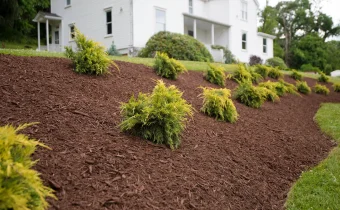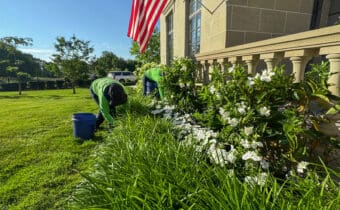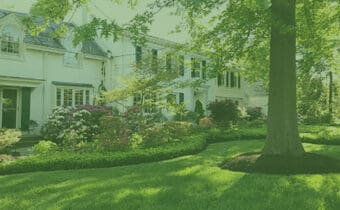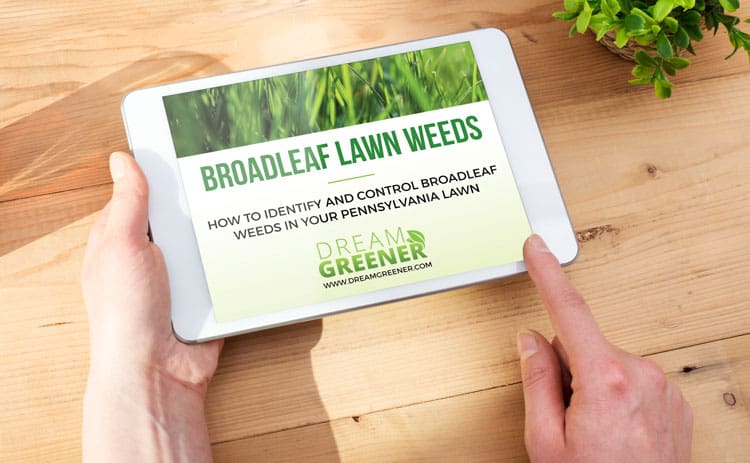Lately, we have been discussing the topic of aeration and overseeding. Going over many of the benefits, and reasons why it is worth your investment. If it is something you find to be beneficial to your landscape, and you go for it, there is another step that can further your gain. Composting your lawn is the gathering of organic material such as yard waste, food scraps, grass clippings, or leaves. This material can benefit the health of your soil, providing nutrients to your root system. Many people are unaware of these benefits, or how simple it can be to gather compost for your lawn, especially after the aeration process where debris and thatch are pulled out of the ground, left loosely on your turf. Here is everything you need to know about lawn compost, post aeration, and overseeding.
What is Lawn Compost?
As aforementioned, compost is recycled organic material that can be used to strengthen the health of your soil and root system. This can include anything from yard waste to rotten fruits and vegetables in your garden, as well as peelings from your kitchen. The only thing to make sure does not get in your lawn compost, is weeds, as they can obviously be harmful to your lawn. If left in your compost, they can begin to spread, which nobody wants.
Benefits of Compost
Before you begin to gather up what may be perceived as trash throughout your property, you probably want to know exactly how this is going to strengthen your lawn. Fertilizer that you purchase from the store contains phosphorus, nitrogen, and potassium. These are great nutrients for your lawn, but there are many other smaller nutrients found in compost, such as zinc, iron, and magnesium, that also benefit your lawn. Compost also reduces the acidity of your lawn, increasing the pH levels of your soil that allow your soil to gather nutrients. Think of compost as additional fertilization, assisting in the creation of the environment most suitable for healthy turf growth.
Beyond the nutritional value, the insertion of organic matter into your lawn also assists in preventing your need for aeration. Soil compaction is the primary reason why homeowners aerate their lawns, and organic matter helps decompose potential thatch buildup. Compost is also a great way to recycle, so you are creating a more sustainable landscape.
Composting After Aeration
When you add compost after you aerate your lawn, you maximize the benefit as the holes created through the aeration process allow the compost to sink deeper into the soil. This will allow a slow release of the nutrients, and when combined with overseeding will assist in the growth of the new grass.
You can begin to gather a compost pile today, as it is a relatively simple process. Then you can maximize the benefits of our aeration and overseeding services. Every extra effort to keep your grass greener makes a difference, and the nutrients found in compost certainly will.
Dream Greener Lawn & Landscape is led by a staff of service experts, each with ten years or more of professional experience, focused exclusively on lawn care & maintenance, landscaping, and snow & ice management. Locally owned and operated, we are proud to serve the greater Pittsburgh area. Give us a call today at (412) 835-1035.



